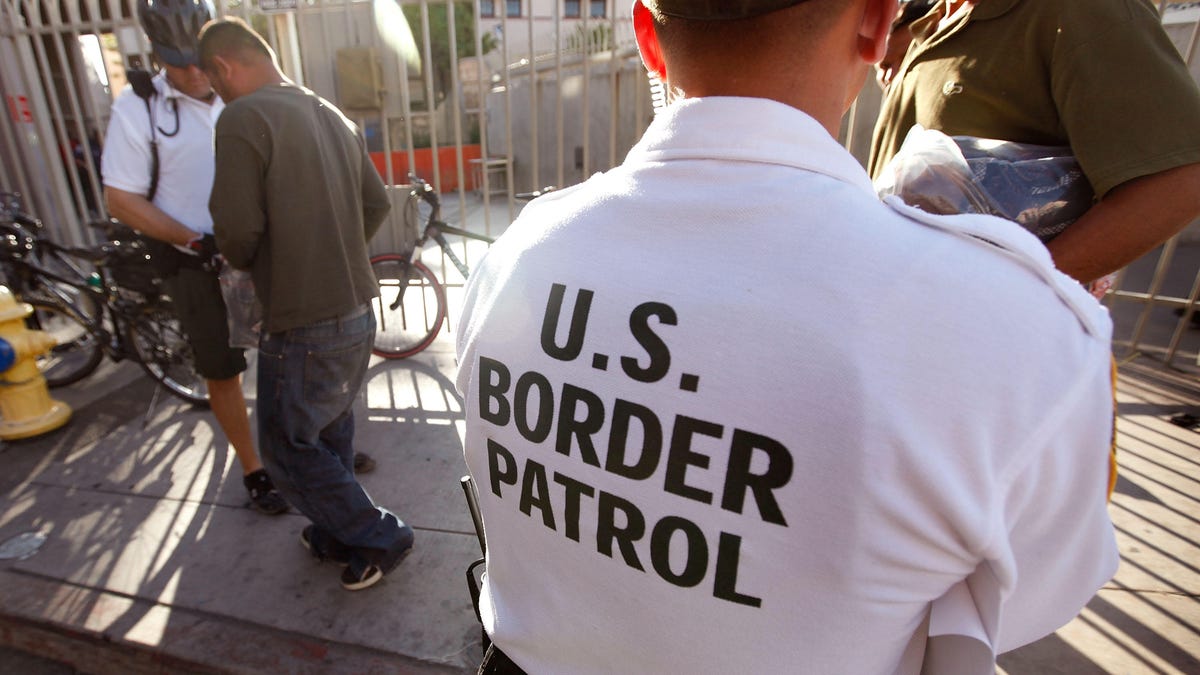US Border Patrol says it won't search travelers' cloud data
That's the response to a senator's questions about border agents pressuring Americans into providing device credentials.

The Border Patrol says it can search data stored on travelers' devices but not on the cloud.
US border patrol officers don't have the authority to examine data stored in the cloud when they search travelers' phones , the US Customs and Border Protection has acknowledged.
The agency clarified that while it can search electronic devices at the border without consent and in most cases without a warrant, it has no authority to search data in the cloud, according to a letter published Wednesday by NBC News. The clarification came in response to questions from Sen. Ron Wyden, an Oregon Democrat, about what he called the "deeply troubling" practice of border agents pressuring Americans into providing passwords and access to their social media accounts.
"CBP's authority to conduct border searchers extends to all merchandise entering or departing the United States, including information that is physically resident on an electronic device transported by an international traveler," the agency said in the letter. "Therefore, border searches conducted by CBP do not extend to information that is located solely on remote servers."
Wyden and Sen. Rand Paul, a Republican from Kentucky, introduced legislation in April that would require border officers to show probable cause before searching or seizing cell phones.
"Americans' constitutional rights shouldn't disappear at the border," Wyden said at the time. "By requiring a warrant to search Americans' devices and prohibiting unreasonable delay, this bill makes sure that border agents are focused on criminals and terrorists instead of wasting their time thumbing through innocent Americans' personal photos and other data."
The US Customs letter, attributed to Kevin McAleenan, the agency's acting commissioner, contends that officers may search any traveler's phone without probable cause upon entering or leaving the United States. McAleenan wrote that officers can search only for content that is saved directly to the device, such as text messages, images and contacts.
The letter neglected to respond to a request for statistics regarding how many cell phone searches are conducted at borders at the request of other government agencies, such as the FBI or the Drug Enforcement Administration.
Tech Culture: From film and television to social media and games, here's your place for the lighter side of tech.
Star Wars at 40: Join us in celebrating the many ways the Force-filled sci-fi saga has impacted our lives.

